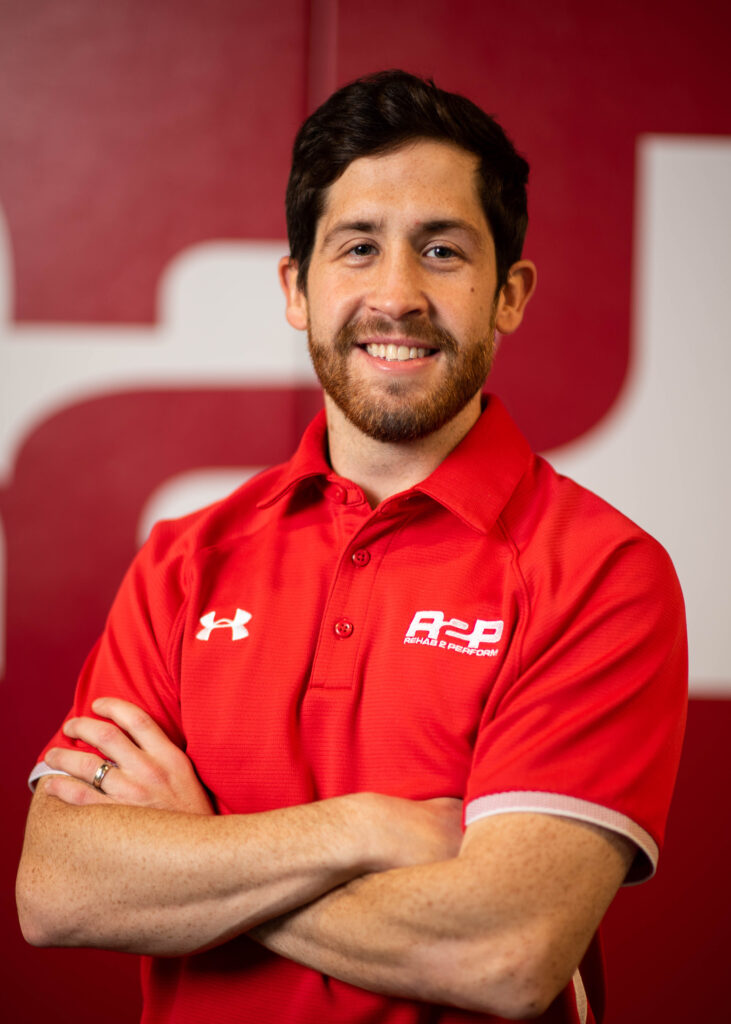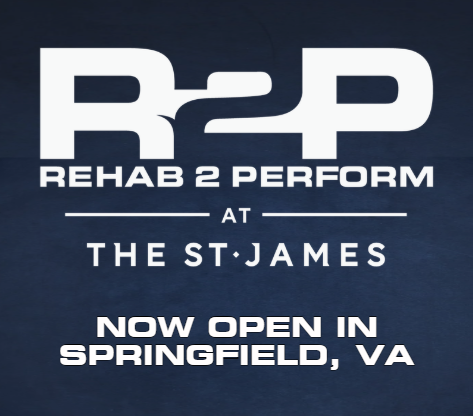Mastering Your Pace with Running

How to Master Your Pace for Optimal Performance
Hello R2P Runners,
In addition to treating endurance athletes including runners, cyclists, swimmers, and triathletes, I have had the opportunity to train and program for runners of various skill levels and distances. During these interactions the topic of pacing for performance often comes up. Managing your pace effectively is a key aspect of maximizing your performance. Today, I want to delve into how your brain plays a crucial role in your running performance and how you can train to optimize it.
The Brain-Body Connection
When you’re out there on the road or track, it’s not just your muscles, heart, and lungs doing the work. Your brain is constantly in the driver’s seat, making decisions that affect your performance. This concept is encapsulated in the central governor theory. According to this theory, the brain acts as a regulator to prevent the body from reaching a state of critical failure due to overexertion. Essentially, your brain ensures that you maintain a balance, preventing you from pushing too hard and causing harm.
The Central Governor Theory
The central governor theory suggests that the brain monitors factors like muscle fatigue, body temperature, and energy levels, adjusting exercise intensity accordingly to keep you within safe limits. This is why, even if your body has the capacity to go faster or farther, your brain might hold you back to avoid exhaustion or injury.
The Brain’s Reassessment Role
During a workout or race, your brain is continuously reassessing your situation. The relative importance of the event plays a significant role. For instance, if you’re running a race that determines whether or not you get a scholarship, your brain might allow you to push harder compared to a casual family 5k. Additionally, your brain constantly estimates the remaining time or distance, adjusting your effort to ensure you can complete the bout without burning out too soon.
Psychological Impact on Performance
While there is a strong physiological basis for performance, we cannot underestimate the brain’s role. Mental fatigue, stress, and motivation levels can greatly influence your running. For example, if you believe you can achieve a personal best, your brain might allow you to push a bit harder, tapping into reserves you didn’t realize you had.
Training the Brain
To harness the power of your brain for optimal performance, you need to train it just as you train your body. One effective method is incorporating less structured workouts into your routine. Instead of rigidly defined sessions, try workouts that challenge your brain’s adaptability.
For example, start a training session with a plan to complete five sets of five-minute running efforts. The goal is to cover as much distance as possible during each five-minute effort. However, the twist is that you must complete all five sets. This type of workout forces your brain to manage your pace strategically, ensuring you have enough energy to finish strong.
Implementing Flexible Training
By using flexible training methods, you teach your brain to make better decisions about pacing under various conditions. You learn to listen to your body’s signals and adjust your effort accordingly, improving your overall performance. Over time, you’ll find that you can push harder when it counts and tap into reserves you never knew you had; and recover more efficiently when needed.
The Finish line
Understanding and managing your pace is crucial for optimal performance. By recognizing the significant role your brain plays and training it alongside your body, you can unlock new levels of potential in your running. So, next time you lace up your shoes, remember that your brain is as important as your muscles. Train smart, run strong, and embrace the journey.
-Happy running, Dr. Greg
If you need any further guidance or support along the way please feel free to reach out to me directly at DrEllis@rehab2perform.com, hopefully we see you at an upcoming R2P Run Club – get the details HERE

Dr. Greg Ellis PT, DPT, CSCS
Performance Physical Therapist
Follow Greg on Instagram (HERE) for more content and to see his running progress!
Runners – Check out our R2P+ Digital Program, and see if it is right for you.
Fitness Focused Physical Therapy
Runners – injuries holding you back? Rehab 2 Perform specializes in preventing risk to re-injury and empowering you with the tools to stay active. We serve the Annapolis, Bethesda, Columbia, Frederick, Gambrills, Germantown , Mt. Airy, and Owings Mills areas in Maryland, and now in Leesburg, and the Tysons Corner Business District in Virginia. Contact us today at 1(301) 798- 4838 or schedule an appointment by visiting us here today.
We accept all major insurances, including Tricare, VA Community Care, and the Johns Hopkins Healthcare Network!

